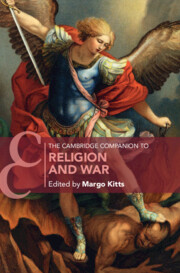This article examines globalization in an Asian context through the lens of two Buddhist concepts: the cakravartin and the bodhisattva. A cakravartin is a ruler who fuses spiritual and political power in his global reign. This article argues that the cakravartin represents one model of Buddhist globalization where the spread of the religion coincides with the growing military dominion of a BuddhGist king. A bodhisattva, on the other hand, is an enlightened being who has chosen to be reborn out of compassion with the entire suffering world. A bodhisattva watches over a ‘Buddha field’, or spiritual realm. Each Buddha field has its own laws, culture, language, or even separate forms of time and space. The bodhisattva provides a new model for understanding cultural diversity in the absence of a unified political power: the Buddhist world is a transnational network where new identities are negotiated.
